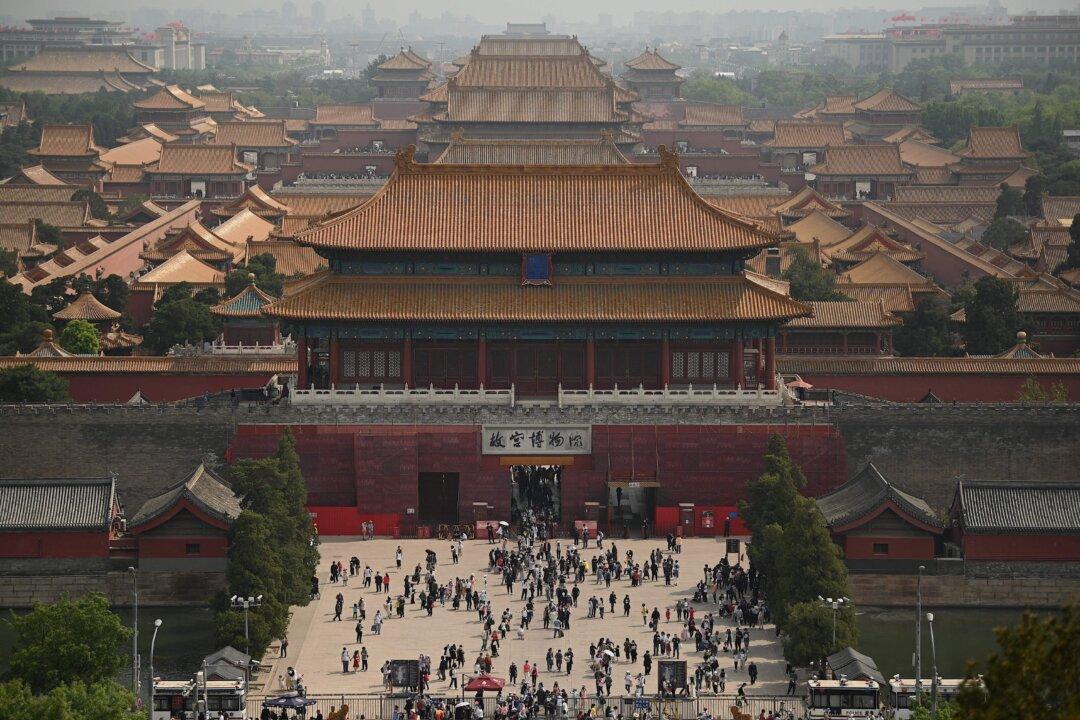Beijing recently experienced a severe storm, causing significant damage throughout the city. In the midst of the gale, even the 600-year-old Forbidden City was not spared, with roof tiles being ripped off and strewn across the ground.
According to official monitoring data, the storm struck in the afternoon of May 30, bringing sudden thunderstorms, strong winds, and hail to Beijing’s previously clear skies. Most areas of the capital experienced short-lived winds of 8 to 10 on the Beaufort scale, with particularly strong winds recorded on Qianling Mountain in Fengtai District. The storm left roads in disarray, uprooted many trees, and overturned vehicles.





